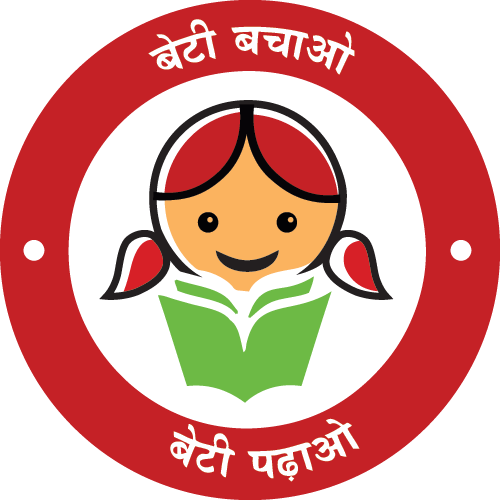Dr. Charu WaliKhanna and Ms Shamina Shafiq, Members, NCW attended the Regional Conference on “Widow’s Policy, Gaps and Inclusion” was organized by Guild of Services in association with NCW at Vishva Yuvak Kendra, New Delhi on 4th Apr, 2013
A Regional Conference on “Widow’s Policy, Gaps and Inclusion” was organized by Guild of Services in association with National Commission for Women at Vishva Yuvak Kendra, New Delhi on 04.04.2013.
The welcome address was given by Dr. Mohini Giri. After the testimony by widows ie. Farm Widow, Dalit & Tribal Widow, Conflict Widows, War Widows and Religious Widow; the jury members Dr. Charu WaliKhanna, Ms. Shamina Shafiq and Dr. Sarla Gopalan made their comments.
Dr. Charu WaliKhanna Member NCW, gave the Inaugural Address in which she stressed on the neglected condition of widows as was evident from the testimonies of the widows given in the previous session. She said that there is no group more affected by the sin of omission than widows, as they rarely find mention in the numerous reports on women’s poverty, health, development or rights etc. She quoted data from the Sample Registration System according to which over 8% of the female population of India comprises widows.
She said that there is a myth that widowhood is experienced only by elderly women. While in fact it also affects younger women, many of whom are still rearing children. Unfortunately in some regions girls become widows before reaching adulthood due to child marriage. The second myth that prevails is that a woman in India gets the support of her extended family; whereas in reality it is the absolute contrary. A widow confronts patriarchal customary and religious discrimination, including abuse and exploitation at the hands of family members in order to deprive her of her property / inheritance.
Dr. Charu WaliKhanna said it is unfortunate that widowhood is treated as a family matter and not an issue of public policy. She hoped that the deliberations of the day would result in framing of a policy on issues of critical importance namely Securing and protecting widow’s right to property; Protecting employment and economic opportunities for widows; Designing and implementing special social security schemes for widow’s, especially those unable to work.; and Undertaking social reform to create a more positive social identity.
Deliberations were held on the Right to Food & Access to Widow’s Food Security, Right to Life with Dignity and Human Rights, Health & HIV / AIDS, Right to Water and Sanitation and Right to Shelter and Basic Security. In the last session the concluding remarks and recommendations were made by Prof. Pam Rajput.




















